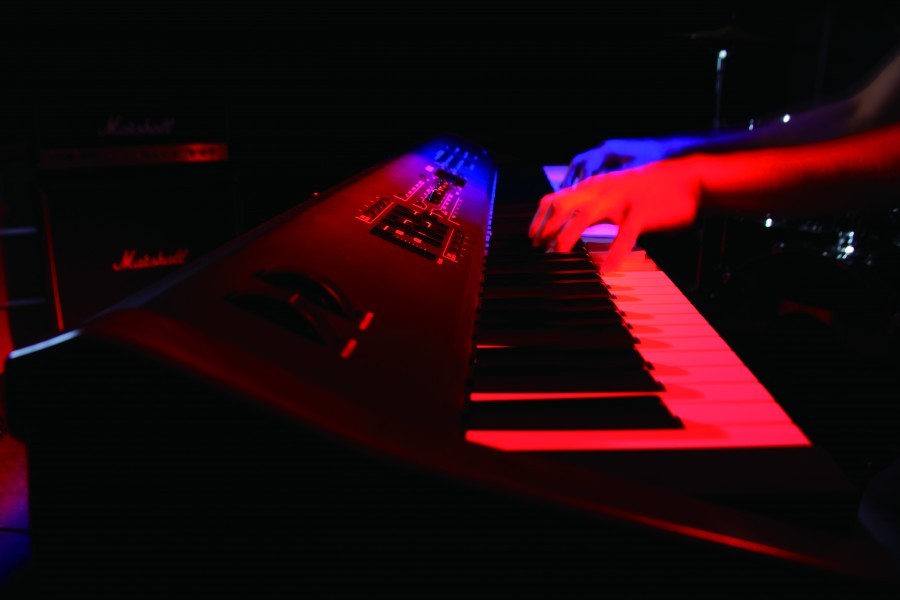How to Improve your Piano Playing?
Piano playing, as with any musical instrument playing, is often considered to be an art form. It is the love of playing and the pursuit of improvement which motivates the majority of musicians and few would continue if they felt they had “peaked” in terms of their own playing ability.
With that in mind, for many people practice tends to be something of an uphill struggle. They can spend hours just playing and practicing with little or no improvement, and over time may feel that their motivation is slipping away.
Just as many writers suffer with “Writer’s Block” many musicians also suffer with feelings of being stagnant. However, there are many things that a frustrated piano player can do which can not only invigorate their technique but which can improve their overall performance.

#1. Time management
As adults, we all have a wide variety of constraints on our time. You may have a family, a job and social commitments to fit in around your piano play and practice. However, if you’re not dedicating enough quality time to practice then it stands to reason that you’re not likely to improve. The key here is to dedicate a set amount of time on a daily or weekly basis to nothing but piano practice and ensure that you’re not only strict with yourself but also that those around you are aware of your commitment to practice.
#2. Have a plan
Locking yourself in your music room for an hour daily is a great step in the right direction but if you haven’t fixed clear goals and considered what you’re looking to achieve within that time, it can become wasted. Consider that a good piano tutor would have a lesson plan and would expect the student to have reached a certain level within a certain time. Not only does having a goal give you somewhere to aim within your practice but it also gives you the sense of achievement when you reach that goal.
#3. The Basics
Nobody becomes Mozart overnight. Mozart didn’t become great overnight and every great pianist knows that the secret to good playing is to master the basics before trying to move on. Scales, hand and body movements might be dull, especially when they’re being repeated over and over again but it’s these basic movements which will form the foundations for the sound you want to achieve.
#4. Listen
Being able to play music is one step towards becoming a great pianist. The majority of good musicians are those who also have an appreciation for music. Honing your musical ear and listening to live music, to different types and different genres and learning to appreciate the skill of the musician’s playing them will only serve to improve your own aptitude. Another way to help hone this skill is to listen for the difference between pianos, for example Yamaha pianos and Steinway.
About the Author:
David has a keen interest in Yamaha Pianos. His articles on the subject inform readers about all aspects of pianos for selling, playing, maintenance and the accessories available for them.




